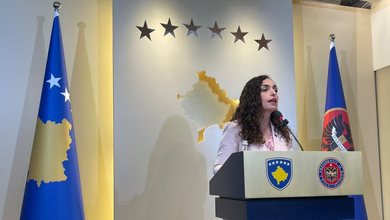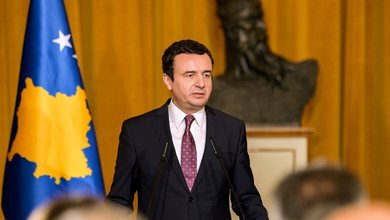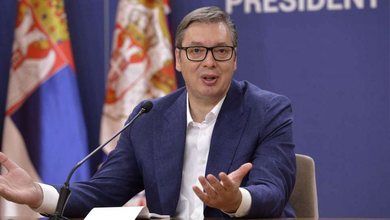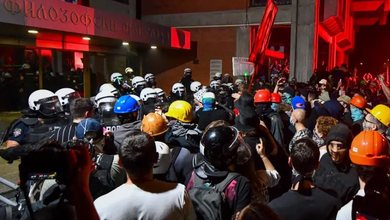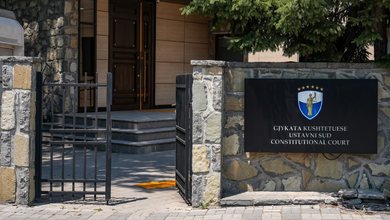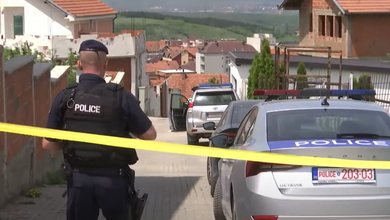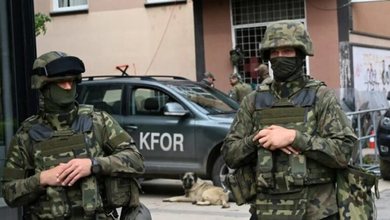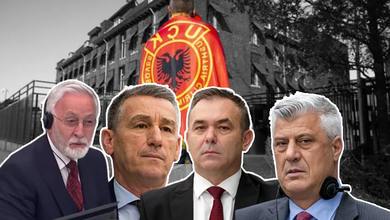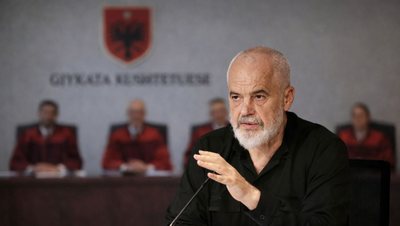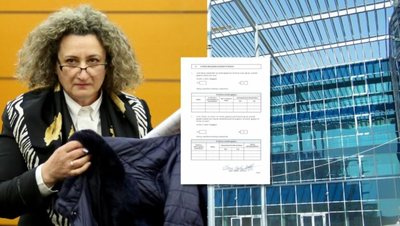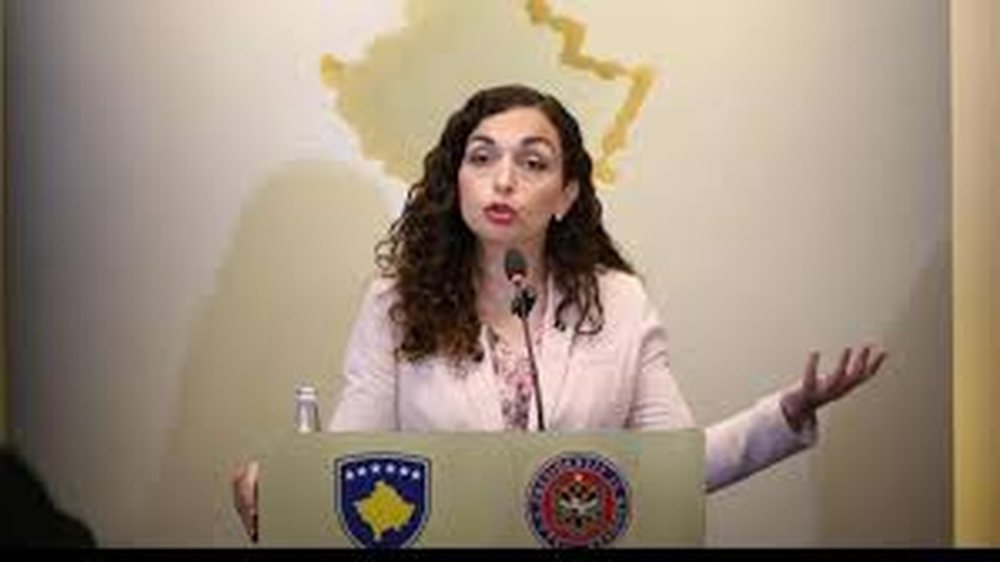
Kosovo President Vjosa Osmani declared today that no one can have the right to veto the constitution of the Assembly, not even the Serbian List, which is seeking to block the establishment of institutions in the country due to the failure to elect a deputy president.
This statement came after the Serbian List's request to the Constitutional Court, where the Belgrade political entity claims that the constitution of the Assembly is unconstitutional as long as the fifth deputy speaker, who belongs to the Serbian community in Kosovo, has not yet been elected.
Osmani has today published her comments submitted to the Constitutional Court, arguing that the Assembly cannot be blocked on such an issue. According to her, such a blockage would create a dangerous precedent that could be used in the future to hinder the functioning of the country's institutions in other situations.
"No one can have the right to veto the constitution of the Assembly, not even the Serbian List. The Assembly must function and Kosovo cannot allow artificial blockages of institutions," the president said.
The issue of the establishment of institutions has caused great political tension. For several days, the Vetevendosje Movement, led by outgoing Prime Minister Albin Kurti, has launched a fierce attack on the Constitutional Court. VV has accused the judicial institution of blocking the establishment of the new government and has even warned that its reckless actions could be considered “national treason.”
Reactions have not been lacking from the international community either. The European Union has called on politicians in Kosovo to refrain from any tendency to interfere in the judiciary, underlining the importance of the independence of justice institutions.
Even the Constitutional Court itself has issued a reaction, expressing its concern about the "reckless statements of senior state officials and elected politicians."
Meanwhile, the Constitutional Court has ruled that until September 30, the Assembly should be prohibited from taking any action that could lead to the formation of a new government. This decision practically postpones the political process, causing any scenario for the formation of the new executive to be considered only after the conclusion of the local elections.


